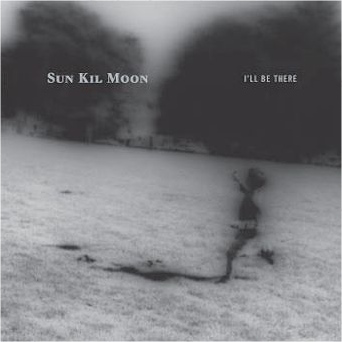I’ll Be There suggests one place to be, a stationariness that is betrayed by the ambling feel of the songs themselves. “Third and Seneca” rattles of local nouns like “El Paso” hooking them in with “San Francisco” and paints a picture of the classic North American adventure contained within borders that seem to contain everything narrated by Mark Kozelek’s drifting arpeggio. There is a weird ‘Lord of the Rings’ moment at the very end of the song that becomes suggestive of the cultural self-fantasy Americans enjoy of themselves (e.g. The Land of Opportunity).
I’ll Be There calls stalwart like Tom Joad leaving his family in the canonical Grapes of Wrath. In the song of the same name, Kozelek makes the usual promises of showing up, of coming by when needed, not letting you down, etc. He is the male descended from the great literary tradition: vagabond, mobile, true to his word. The character constructed in the album has occupied a position in human expression since the first drawings emerged on the walls.
Dissatisfaction with this character type arose because of feminist and minority literature, with other voices not as mobile, as capable, as able to issue promises. Deconstructionists taught us how to dismantle the type. This dissatisfaction traditional, male-dominated voices manifests itself similarly in this album. Kozelek’s song-writing has always been self-interested in a way that separates him from the listener. Ideally, what would happen is that the listener can occupy that separated place with the artist; here, Kozelek alienates the listener. It almost seems as though the words of the song have space for only Kozelek’s feelings alone. The listener is a spectator barred from participating emotionally or intellectually.
This is not even to mention that the album lacks an interesting sound. Maybe the burden of Yankee Hotel Foxtrot that modern listeners are immediately suspicious of polished sounds. All the same, Sun Kil Moon’s trademark arpeggios and spry accompaniment fail to arouse much more than a yawn.
I’ll Be There is, in summary, about the idealized male of the literary tradition, which is what elevates and inhibits it simultaneously. The songs are expressions of perfect polished perfection innocent of real hardship or lack. They are self-expressions limited to that self, that I. Where most music is at least some conflation or communion of You and I, I’ll Be There is limited to one I. It has room for no more.

